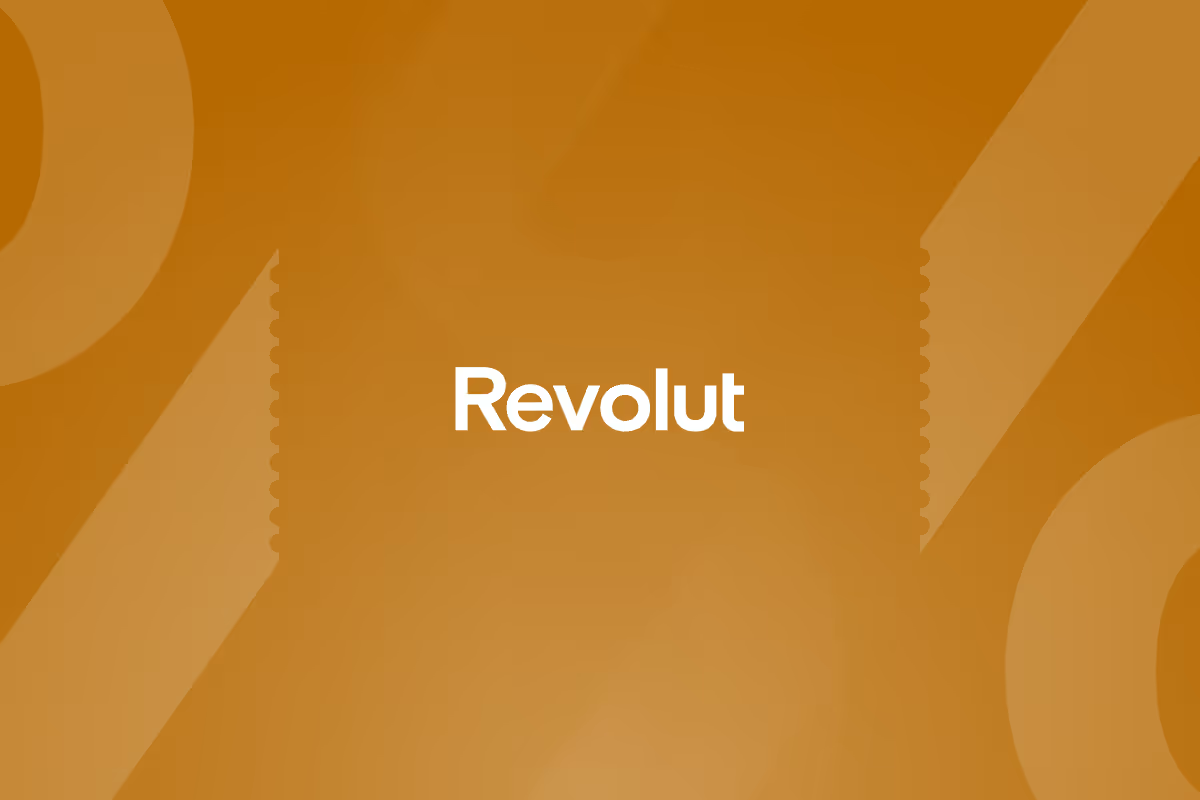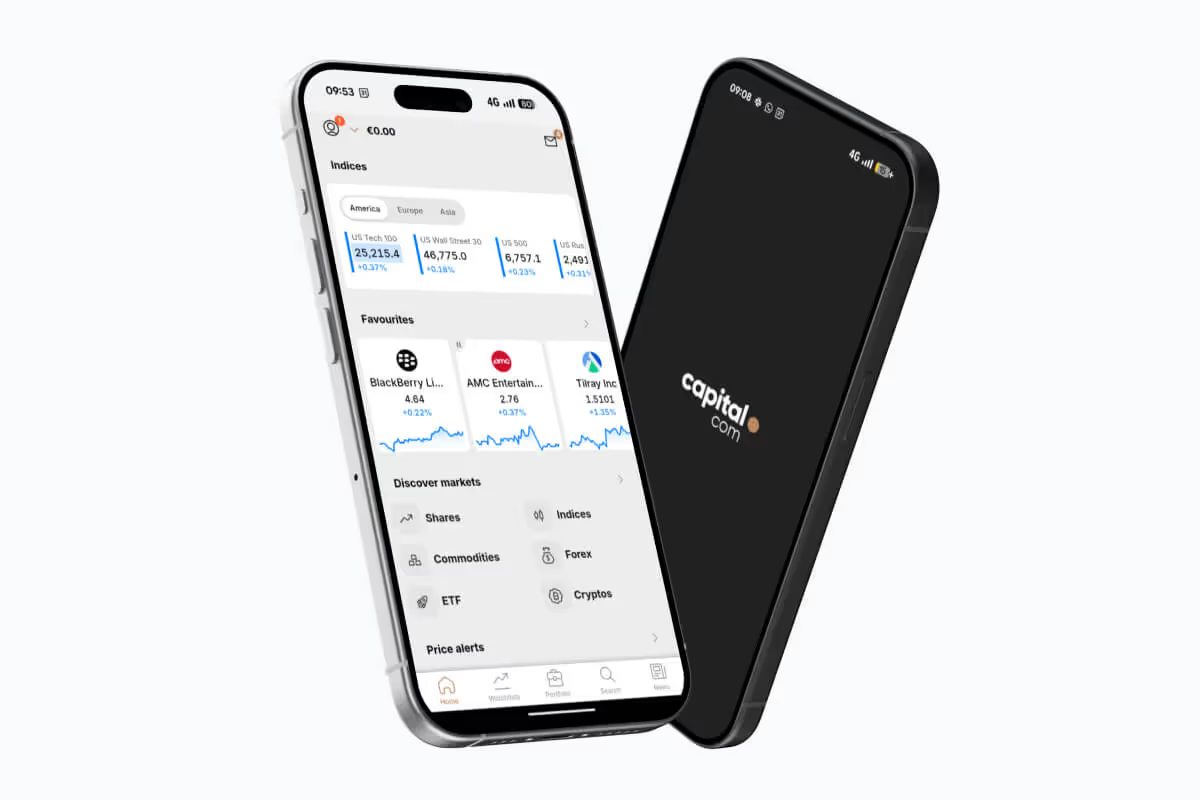Trading 212 vs Interactive Brokers (IBKR): Which is best for Europeans in 2026?
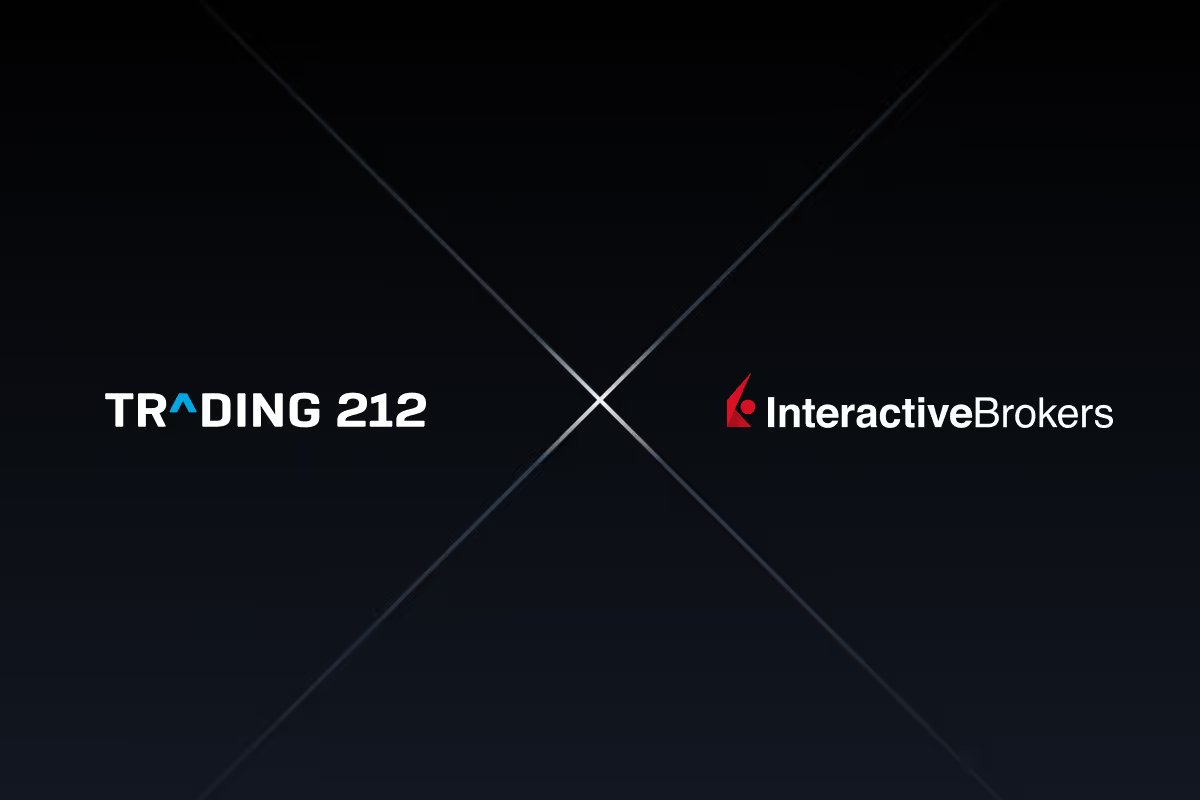


Both Trading 212 and Interactive Brokers are known in the European market, although the latter does not invest as much in advertising targeted at European investors as the former.
So, which one is better? We are users of both, and what we notice is that each has its unique characteristics, advantages, and disadvantages. In this article, we will share our experience with both.
The goal is to help you understand which of these two platforms may be more suitable for you, depending on your needs. We will explore in detail everything Trading 212 and Interactive Brokers have to offer.
Summary
- Trading 212: Best for investing in stocks and ETFs without commissions (no limit) and earning interest on uninvested cash and borrowed shares. New users earn a free fractional share.
- Interactive Brokers (IBKR): Best for a wider range of products (bonds, options, etc.) and for people with higher net worth.
Which one is best?
We feel comfortable investing with either broker.
Trading 212 is the best choice for investing in stocks and ETFs without commissions (no limits) and earning interest on uninvested cash and on loaned shares.
We also find Trading 212’s app slightly more intuitive than IBKR’s (Mobile and GlobalTrader), making it ideal for beginners. Another plus is that Trading 212 offers a virtual debit card for shopping, along with cashback.
On the other hand, Interactive Brokers is the best option for those seeking exposure to other types of assets, such as bonds and options, and for more experienced investors.
It is well-known for being used by high-net-worth investors, not only due to its proven security (the broker has been around since 1978) but also because of the lower spreads, which, for larger transaction amounts, more than offset the commissions paid.
Interactive Brokers is the largest broker in Europe by assets under management.
Note: Trading 212 uses Interactive Brokers as a custodian. This means that Trading 212 clients’ assets are held in an omnibus account (a pooled account) with Interactive Brokers.
Comparison table
Trading 212 overview
Founded in 2004, Trading 212 was one of the pioneers in offering low commissions and simplified access to financial markets for European investors. It is based in the UK and regulated by entities such as the Financial Conduct Authority (FCA).
Trading 212 has gained popularity due to its user-friendly investment platform, the ability to invest with just €1, and its signup promotion.
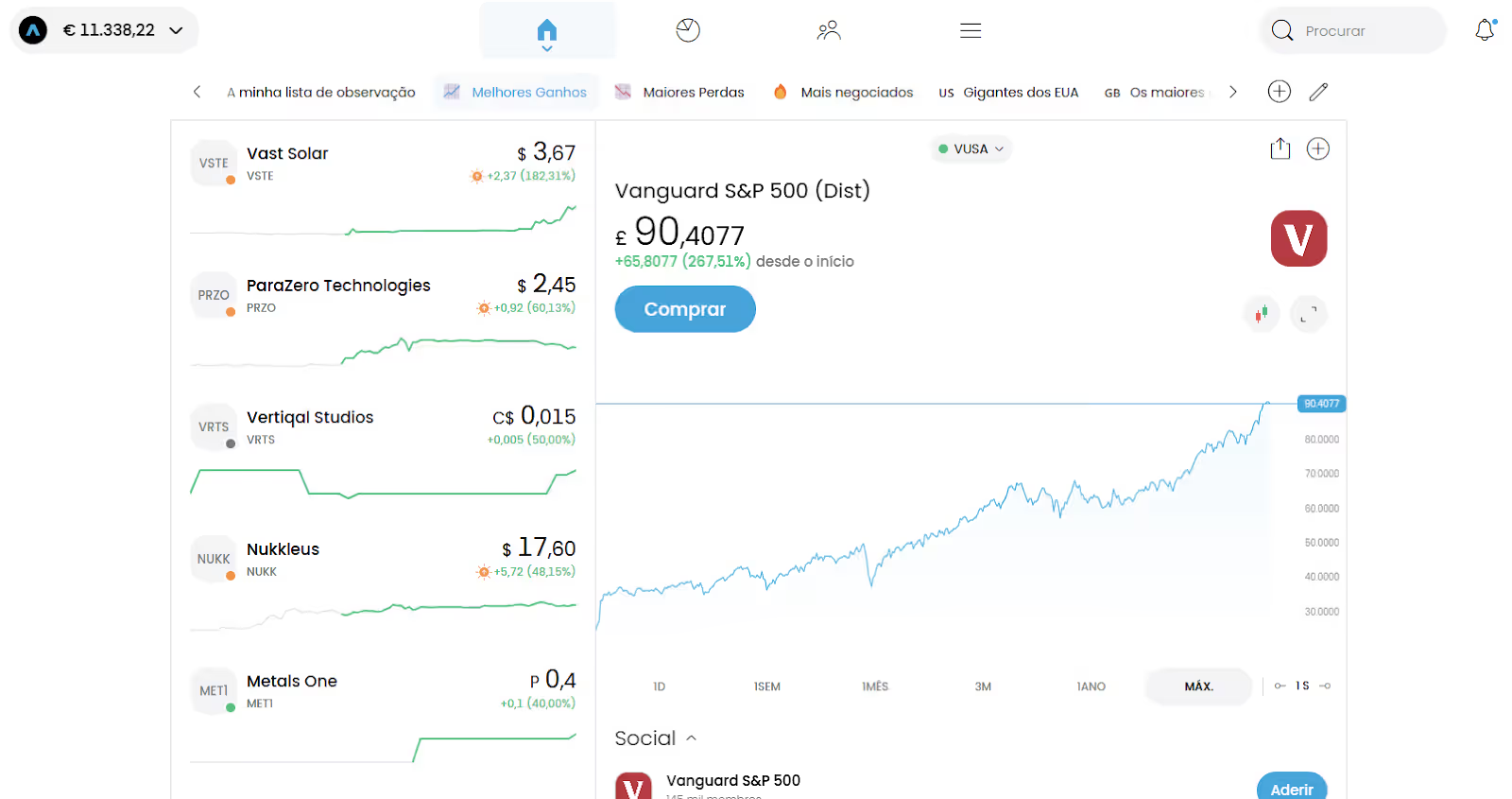
One of Trading 212’s major advantages over Interactive Brokers is its more intuitive interface, better suited for beginners, as well as the ability to use the debit card and earn cashback on purchases.
Want to know more? Check out our dedicated articles:
- Is Trading 212 safe?
- How to invest in the S&P 500 using Trading 212
- Trading 212 review: Pros and cons uncovered
Pros and cons of Trading 212
Pros
- Commission-free trading of stocks and ETFs (other fees may apply – check terms and fees).
- AutoInvest & Pies functionality for automated investing.
- Quick and easy account opening process.
- Demo account available.
- Offers a fractional share worth up to €100 to new clients.
- Offers a virtual debit card with cashback.
- High interest on uninvested cash.
- Interest on borrowed shares.
- Modern and easy-to-use app.
Cons
- Limited product portfolio (no options, bonds, mutual funds, or futures).
- Currency conversion fee of 0.15%.
- Lack of relevant fundamental tools.
- As a private company, it is not subject to the same level of scrutiny and transparency as Interactive Brokers.
- No banking license available for most European clients (only German clients at this point).
Interactive Brokers overview
Interactive Brokers (IBKR), founded in 1978 and listed on NASDAQ (ticker IBKR), is often dubbed the “Ferrari” of brokerage platforms.
Although its flagship Trader Workstation (TWS) targets professionals, the Client Portal and IBKR GlobalTrader mobile app make it accessible for beginners:
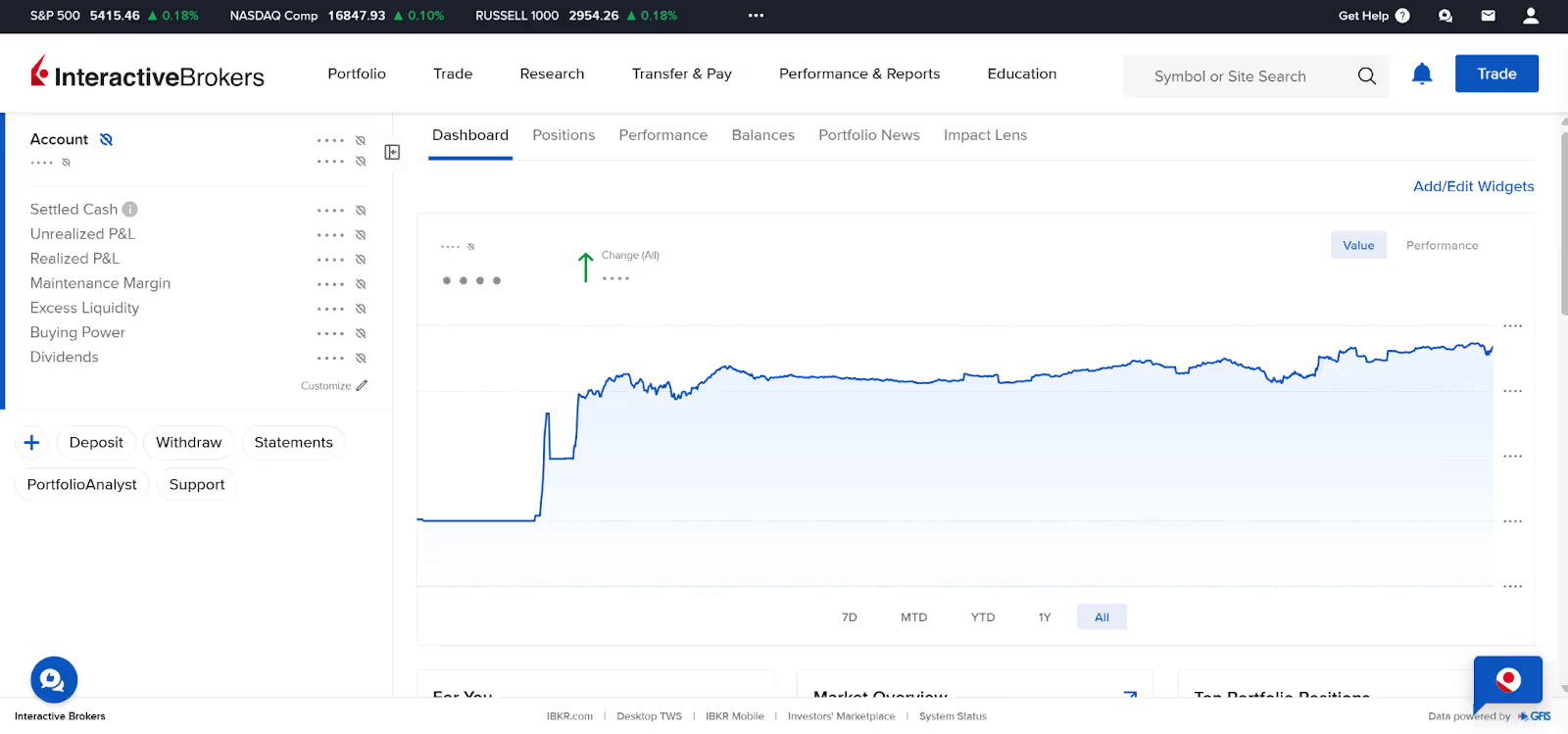
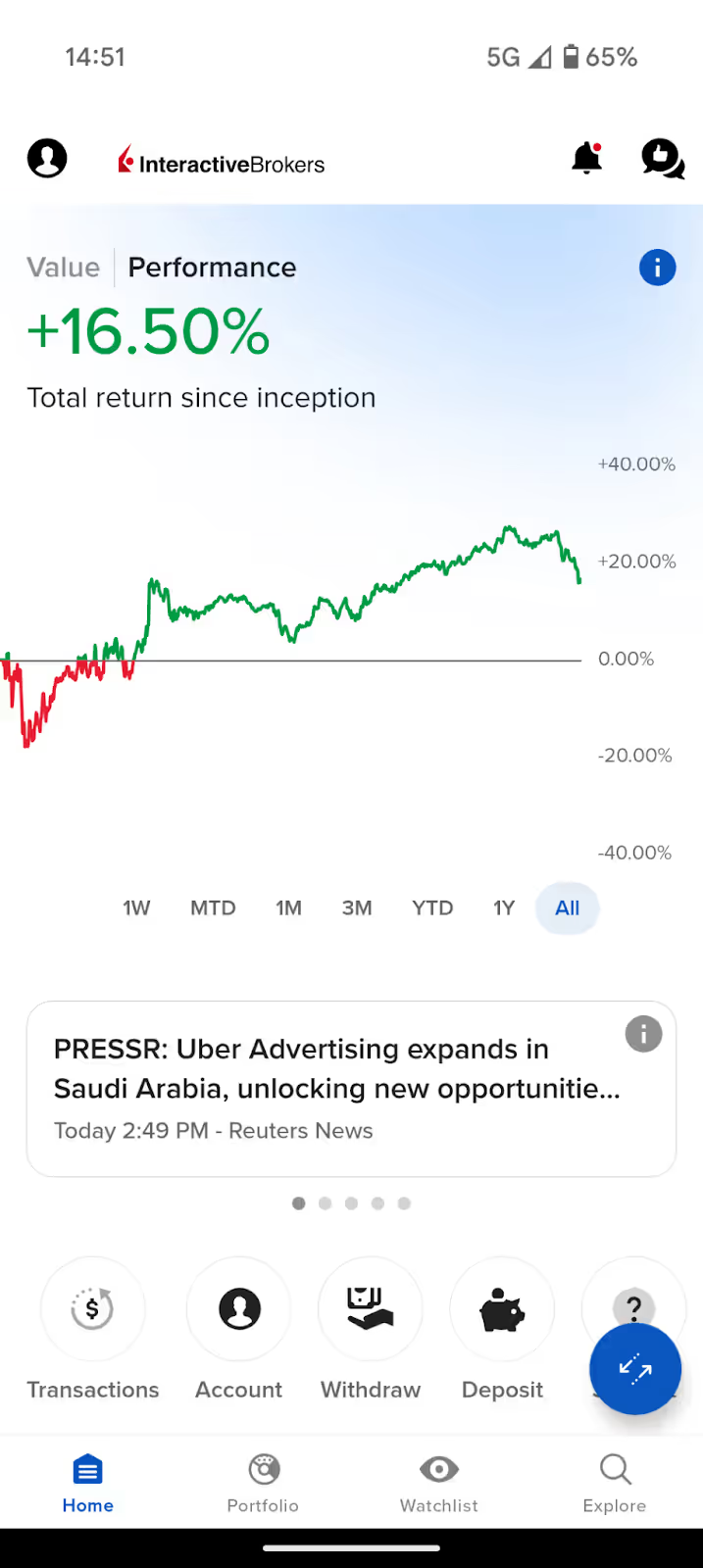
IBKR is recommended for those looking to invest long-term in stocks and ETFs, explore more “exotic” instruments (like options), or who value competitive exchange rates and advanced portfolio management tools, including access to its advanced platform, the Trader Workstation (TWS).
Despite offering more complex platforms, IBKR also has simpler ones, such as its mobile app and web version.
In short, it's a great choice for European investors looking for a safe, slick investment app that allows you to invest globally.
If you want to learn more details, read our Interactive Brokers review.
Interactive Brokers - Pros and Cons
Pros
- Ultra-low commissions on stocks, ETFs, and options
- Largest broker in Europe by assets under management
- Widest product & market coverage in the industry
- Free demo account
- Outstanding reputation (since 1978)
- Comprehensive research & education tools
- Beginner-friendly IBKR GlobalTrader app
- Pays interest on idle cash balances
Cons
- Account opening can be lengthy and complex
- Steeper learning curve (especially in TWS)
- Website navigation sometimes confusing
- No interest on idle cash below €10.000
Regulation and security
IBKR offers a higher level of transparency as it is listed on NASDAQ, ensuring stricter scrutiny of its financial reports. Trading 212 is privately owned.
Want to know more about Trading 212’s safety? Read our in-depth article: Is it safe to invest with Trading 212?.
Financial instruments
If you want to invest in stocks or ETFs with small amounts (< €1,000 per trade), Trading 212 will serve your purpose. However, if you want access to more instruments and plan to invest larger amounts, Interactive Brokers will be the better choice.
Investment platforms
Trading 212’s investment platform is simple and intuitive.
Interactive Brokers is different, as it offers several platforms.
- Want a simple app? Trading 212 is a good choice.
- Prefer a more serious investment platform? IBKR tends to be better. Within IBKR, you have many platforms to choose from depending on your experience level.
Fees
The table shows that Trading 212 is more competitive for occasional or beginner investors since it has 0% commission on stocks and ETFs and simple costs.
Meanwhile, Interactive Brokers charges per trade but offers much lower currency conversion costs and access to a much broader range of instruments (bonds, options, etc.), making it more suitable for active and diversified investors.
Customer Support
Trading 212
Customer support for European users is mainly via:
- Email: Response times vary depending on volume.
- Chat: Available within the platform.
Although functional for basic queries, there is no phone support, which can be a disadvantage for users who prefer direct interaction. Also, some technical or specific issues may not be resolved as quickly or thoroughly as expected.
Interactive Brokers
Customer support is available via:
- Tickets: Usually detailed responses, but wait times may vary.
- IBot: AI-powered tool that answers a wide range of questions.
Overall, IBKR’s support is considered competent and technically solid, but it may feel less accessible to beginners due to frequent use of technical terms and the broker’s more complex structure.
Which one should you choose?
The choice between Trading 212 and Interactive Brokers depends primarily on your specific needs. Both brokers have unique advantages that make them attractive in different contexts.
- Trading 212 is recognized for its simplicity and user-friendly platform, ideal for beginner investors. It also offers commission-free stock, ETF, and crypto investing (no limits) and lets you earn interest on uninvested cash and loaned shares.
- Interactive Brokers provides a broader range of financial products, including bonds and options, and a competitive commission structure, especially for investors with larger amounts to invest. It also has the advantage of greater transparency as it is a publicly listed company.
Regardless of your choice, both brokers are regulated and provide services that meet most investors’ requirements. The most important thing is to analyze your financial goals, your investment style, and explore the features of both before making a decision.
Whenever possible, testing both platforms in parallel is a great way to discover which one fits you best.
If you want to explore other options, check out our comparison of the most popular brokers in Europe.



